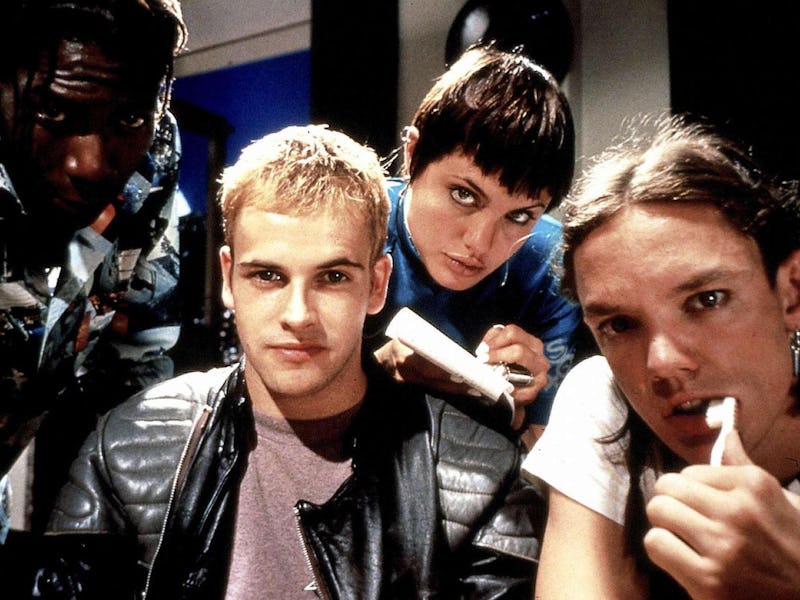Finalists for the DARPA Grand Cyber Challenge Have Been Announced
The Cyber Grand Challenge stands to solve big problems related to efficiency of digital security.

This August, the finalists of a very important technology competition will compete for prize money from DARPA, the secretive research arm of the United States government. Come early showtime, they’ll be drastically expanding the limits of what most people think software can do.
Imagine a greasy-haired, Mountain Dew-guzzling hacker who clacks at a keyboard to gain access to things on the internet that he has no business gaining access to. Now imagine that all of this human’s malicious professional-grade technology skills and knowledge could be implemented as software, able to work very rapidly in computer-scale time, accomplishing in seconds what might take the human a year.
This is exactly the concept behind DARPA’s Cyber Grand Challenge. The Challenge pits competitors against each other to design and build a hacker-as-software that can accomplish a task more quickly than any other team. The competition operates in a format known as Capture The Flag — the first team to see its software successfully gain entry to a system or expose a designated vulnerability wins. And because this is fast-acting software, not stubby human fingers punching keys, the competitors’ hacking creations require far less Mountain Dew to succeed.
DARPA (which stands for Defense Advanced Research Projects Agency) has sponsored a variety of moonshot pie-in-the-sky competitions over the years, seeing the best and brightest people from various institutions and academic outlets go to work on solving larger-than-life problems with technology.
Perhaps the most famous of these competitions is DARPA’s Grand Challenge, which sees entrants design and build a robust self-driving car capable of demonstrating explicitly defined capabilities. The organization also sponsors the Grand Robotics Challenge which operates under the same premise as the Grand Challenge, but for robots instead of cars.
The Cyber Grand Challenge competition will go down on Thursday, August 4, in Las Vegas, Nevada. The timing lines up by design with DEF CON, the famed security and technology convention that attracts tech-heads, programmers, and security professionals from all corners of the globe. There’s sure to be more than a little bit of attendee overlap. Teams will compete for the $2 million first place prize, with second- and third-place teams winning $1 million and $750,000, respectively.
A year ago, this government-sponsored tech challenge got the 60 Minutes treatment:
Ultimately, the vision behind the contest is that software will be able to “fix” other software on its own. DARPA makes no bones about it that software successful in this contest could be used both for defensive and offensive purposes, exploit a security loophole in someone else’s software as easily as it might identify (and fix) a potential security breach in one’s own.
You ought not to be surprised that DEF CON and DARPA challenges make great recruitment venues for finding and hiring the next generation of government technologists. The attraction in going to work for the government when one’s sensibilities are perhaps less than authoritarian, and almost certainly has to do with the kind of elaborate problems that the government gives you to solve, then gives you time and resources to work on them. Increasingly, humans are disappearing from conventional battlefields as technology takes their places in different ways. More conflict is now carried out between nations on the internet than ever before.
Where drones are removing pilots from the battlefield, this is the kind of work that will remove human slowness and inefficiency from digital battlefronts.